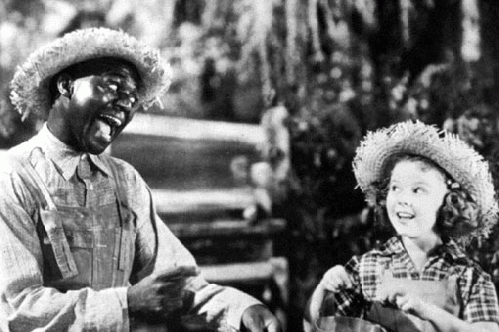Virginia Governor Bob McDonnell's statement proclaiming April "Confederate History Month" shows how a regressive leader can reactivate societal trauma. ![]() The governor's 368-word declaration failed to mention slavery. He followed up with an apology for the omission a day later. McDonnell said he made the original proclamation to aid state tourism and "so people can at least study and understand that period of Virginia history and how it impacts us today." So let's talk about that time and how it is alive in the present.
The governor's 368-word declaration failed to mention slavery. He followed up with an apology for the omission a day later. McDonnell said he made the original proclamation to aid state tourism and "so people can at least study and understand that period of Virginia history and how it impacts us today." So let's talk about that time and how it is alive in the present.
When one group deliberately inflicts suffering on "others" as through slavery,the victimized group suffers certain psychological effects: shame, humiliation, guilt, and a decreased ability to be assertive.
McDonnell's declaration reinforces shared mental images of Black oppression within our national psyche and will likely perpetuate feelings of victimization for African-Americans.
I think of Richmond's statue of Bill "Bojangles" Robinson on the corner of Leigh and Adams, a performer who played mostly "Uncle Tom" roles, often that of the cheerful servant, and taps with Shirley Temple in "Rebecca of Sunnybrook Farm" (1938).
Yet there are important ways to help large groups adapt to an injurious past, such as the devastation of African-American slavery. A reparative leader helps people heal froma traumatizing political system by encompassing multiple viewpoints. He or she is able to sympathize across a bitter social divide.
For example, when President Nelson Mandela led South Africa from apartheid in 1994 the crucial question at his inauguration was: What should be the country's national anthem? Blacks wanted to supplant the old ''Die Stem,'' which celebrates the Afrikaner trekkers' 19th century triumph over the indigenous peoples, with ''Nkosi Sikelel' iAfrika" ("God Bless Africa" in Xhosa).
Mandela overruled his own followers telling them: "this song that you treat so easily holds the emotions of many people whom you don't represent. Yet, with the stroke of a pen, you would make a decision to destroy the very - the only - basis that we are building upon: reconciliation." The President-elect chose to have both performed at the stadium in Soweto. What ensued was the miracle of Whites singing an African hymn and Africans singing an Afrikaans song.
This kind of gesture gives public representation to mental images of "victim" as well as "victimizer," affirming how individuals have internalized a system of oppression. Psychologically speaking, both emotional places must be acknowledged in order to avoid splitting the two into diametric opposition -- and aggravating group tensions in the external world.
Such action may also help groups mourn their losses more effectively. Psychoanalyst Vamik Volkan claims that the ability to grieve is the main factor in preventing the transgenerational transmission of trauma.
When mourning is unfinished business -- the trauma is handed down to future generations. This is done through stories, feelings, and unconscious behaviors that "deposit" images of an injured self into one's children and other descendents. In these ways, an offspring is asked to perform certain unresolved psychological tasks.
"Confederate History Month" may also contribute to the perpetuation of group trauma across generations.
Our leaders have the extraordinary power to reactivate historical injury or foster mourning, emotional regeneration, and repair the tissue of national community.
Governor McDonnell: if you want to support state tourism why not promote the "Second Street Festival" in the Jackson Ward area of Richmond, also known as the birthplace of Black capitalism?
You might also sponsor the dedication of an African-American abolitionist on Monument Avenue, where there are only Confederate natives.
And finally, save a lot of heartache and hyphenate the history. "Confederate-Emancipation Month" would give full weight to peoples' experiences of this time, help us learn from it, and heal from its catastrophic legacy.





